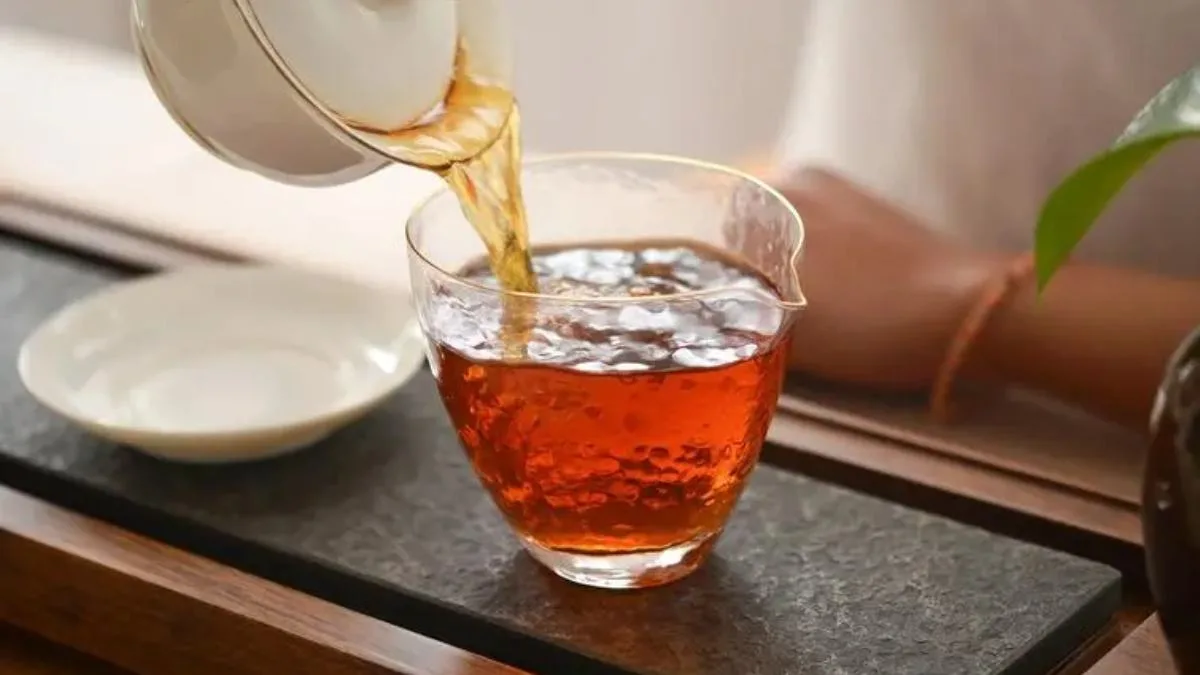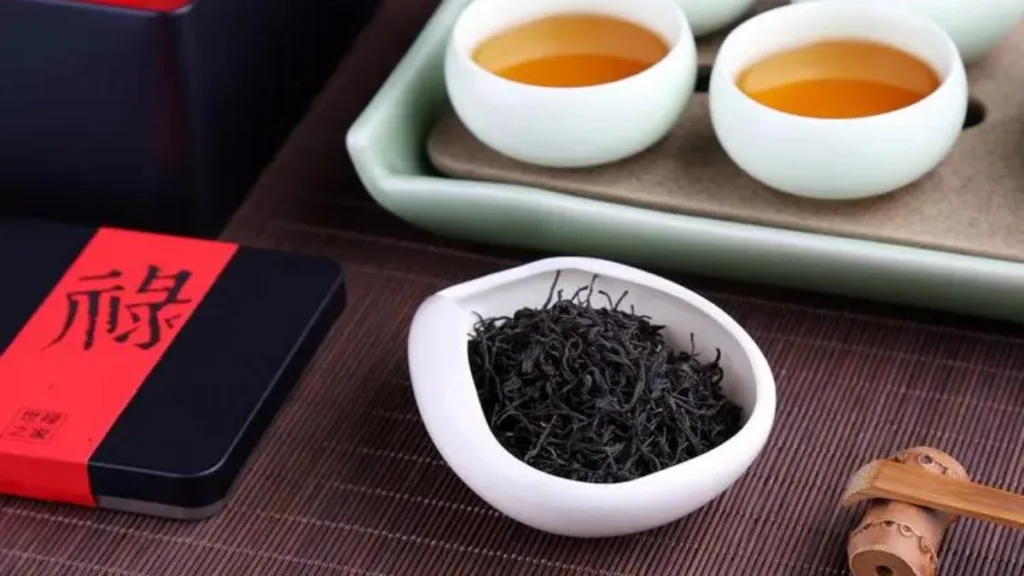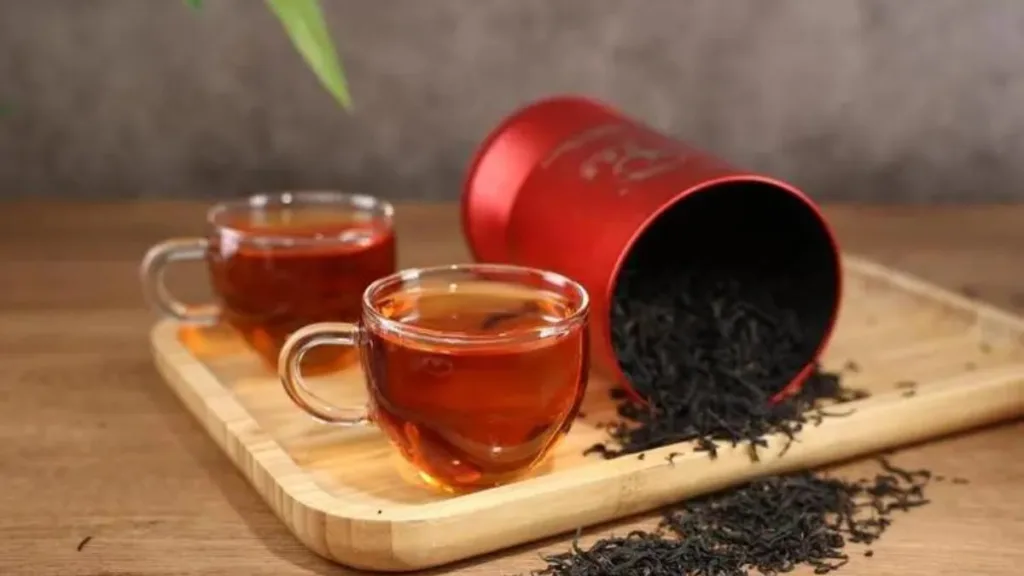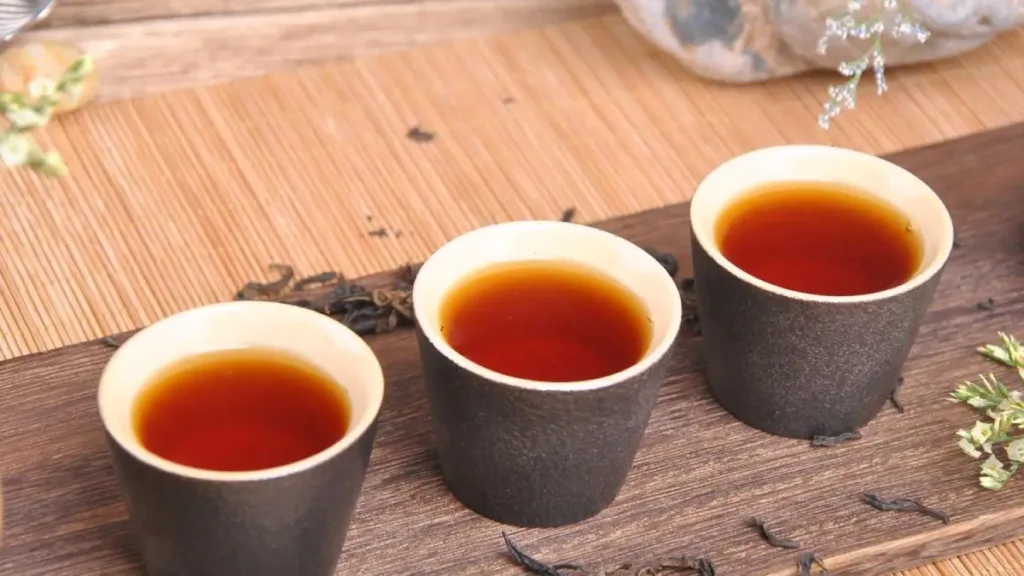A sore throat is a common symptom often attributed to factors such as pharyngitis, throat infections, or throat allergies. While black tea may provide relief from the discomfort, it is not a cure. For effective treatment, identifying the root cause of the sore throat is crucial. If it stems from an infection, appropriate anti-infection measures are necessary; if allergies are the culprit, anti-allergy treatments should be pursued. Additionally, patients can take measures to alleviate symptoms, including increased hydration, more rest, and avoiding excessive vocal strain.
The question of whether black tea is suitable for a sore throat depends on discerning whether the discomfort is caused by wind-cold or wind-heat. In cases of wind-cold sore throat, symptoms typically include throat pain, nasal congestion, runny nose, aversion to wind, chills, and dry mouth. In such instances, black tea can play a supportive role by promoting lung health, dispelling cold, and soothing the throat.
On the other hand, if the sore throat is caused by wind-heat, it often comes with symptoms like dry throat, dry nose, dry mouth, cough, and yellow phlegm. Black tea has properties that can tonify and warm, dispel external pathogens, and alleviate cold symptoms. Therefore, it may not be the most suitable choice for wind-heat sore throats.
In general, black tea can be consumed for a sore throat. Tea, rich in polyphenols, pectin, sugars, and amino acids, offers several benefits. It stimulates saliva production, maintaining oral moisture, which is particularly beneficial for those experiencing throat issues. However, moderation is key. While tea is advantageous, excessive consumption may have adverse effects on the body, such as insomnia and palpitations due to the caffeine and theobromine content.
Tea, especially black tea, has been recognized for its potential health benefits. It is essential to remember that black tea contains caffeine and theobromine, and excessive intake should be avoided. The key is to drink in moderation, reaping the benefits without risking negative consequences.
It is important to note that while black tea may provide relief, it does not substitute proper medical attention. Sore throats can have various causes, and early treatment is advisable. Seeking medical advice and examination is recommended, especially if the symptoms persist or worsen. The underlying reason for throat pain should be identified, and dietary precautions, such as opting for a bland diet, should be observed.
In conclusion, while black tea can be a comforting companion during a sore throat, it is not a standalone solution. It can aid in providing relief and hydration, but individuals should be mindful of their overall health and consume tea in moderation. If symptoms persist, consulting a healthcare professional for a comprehensive diagnosis and appropriate treatment is imperative.




